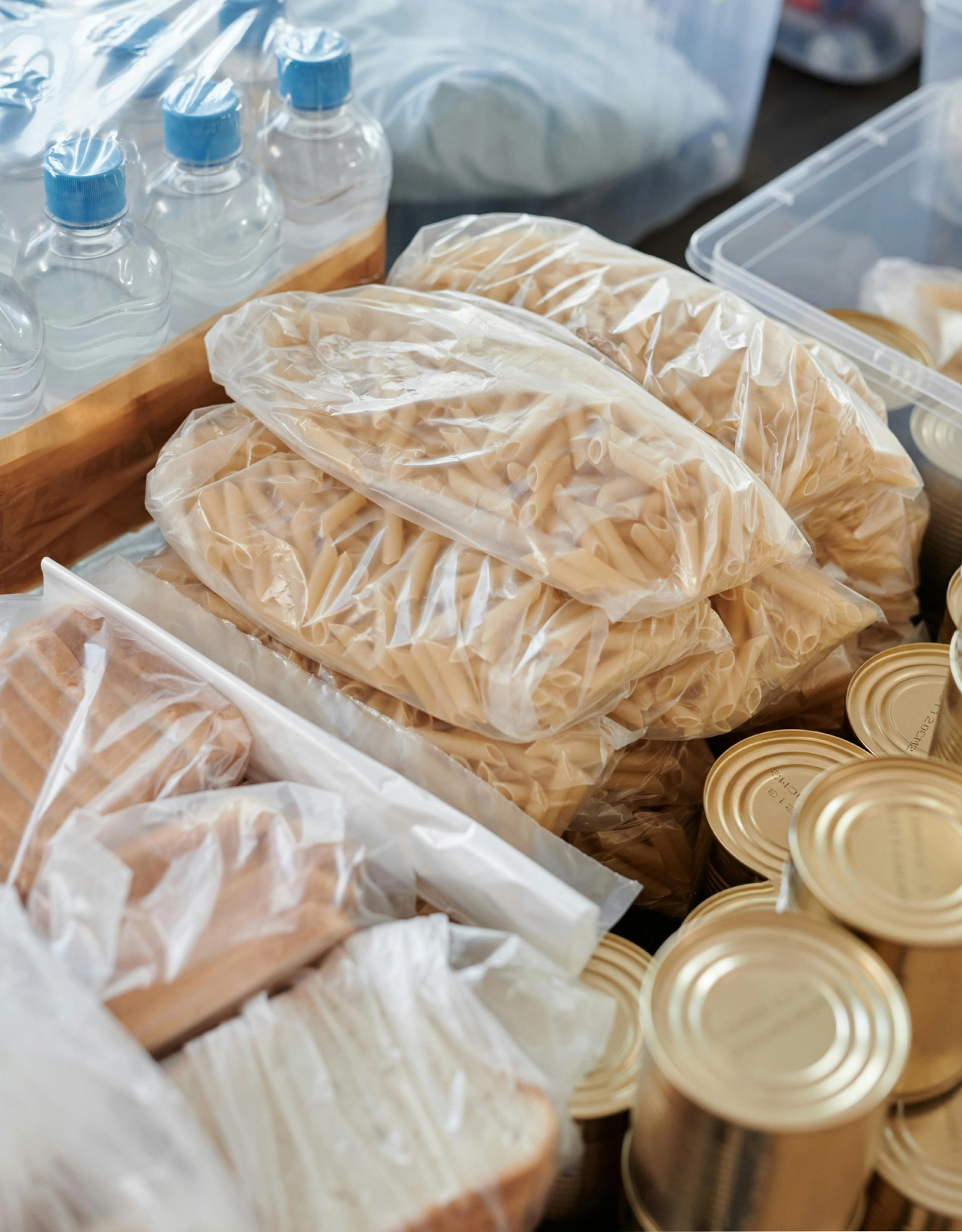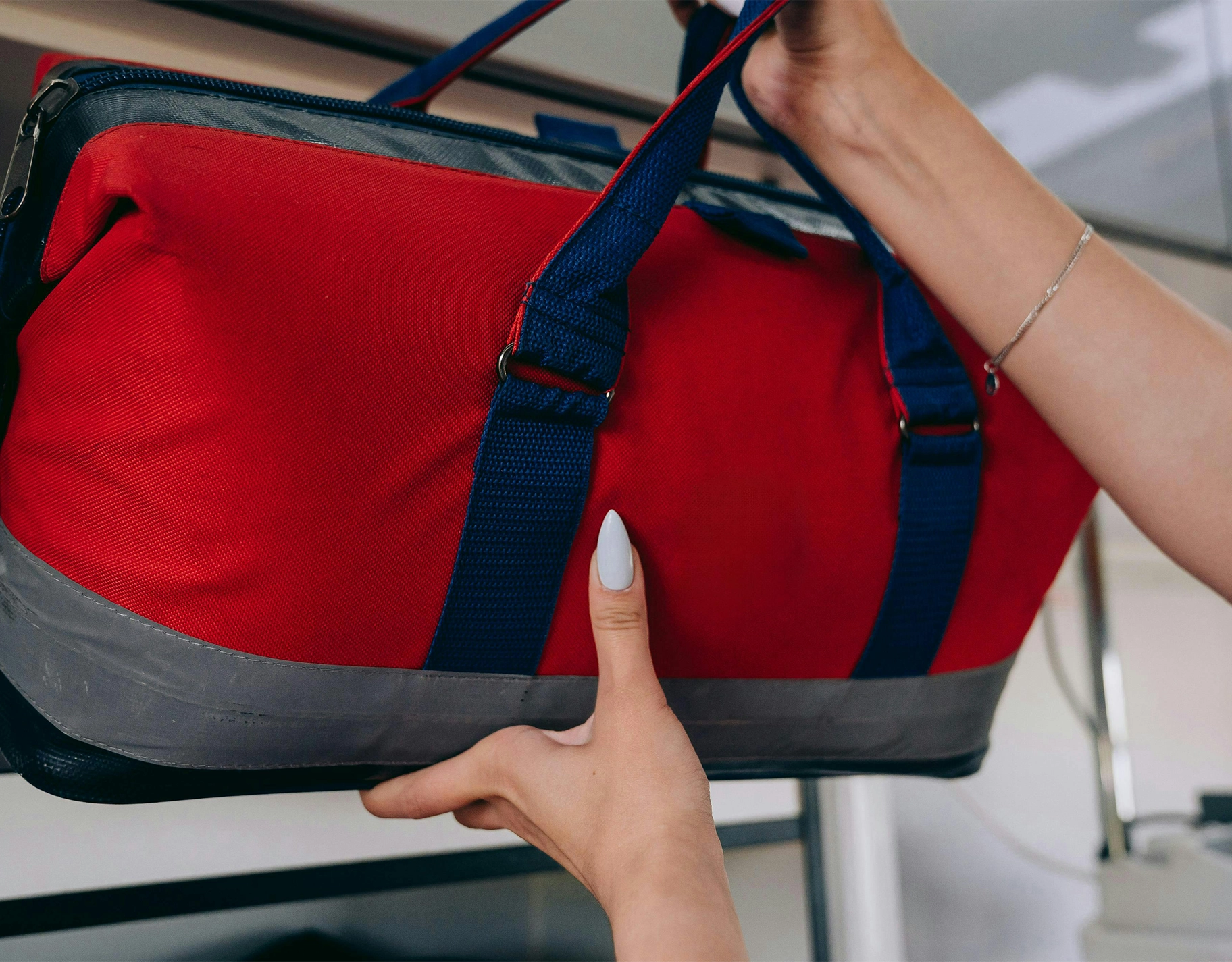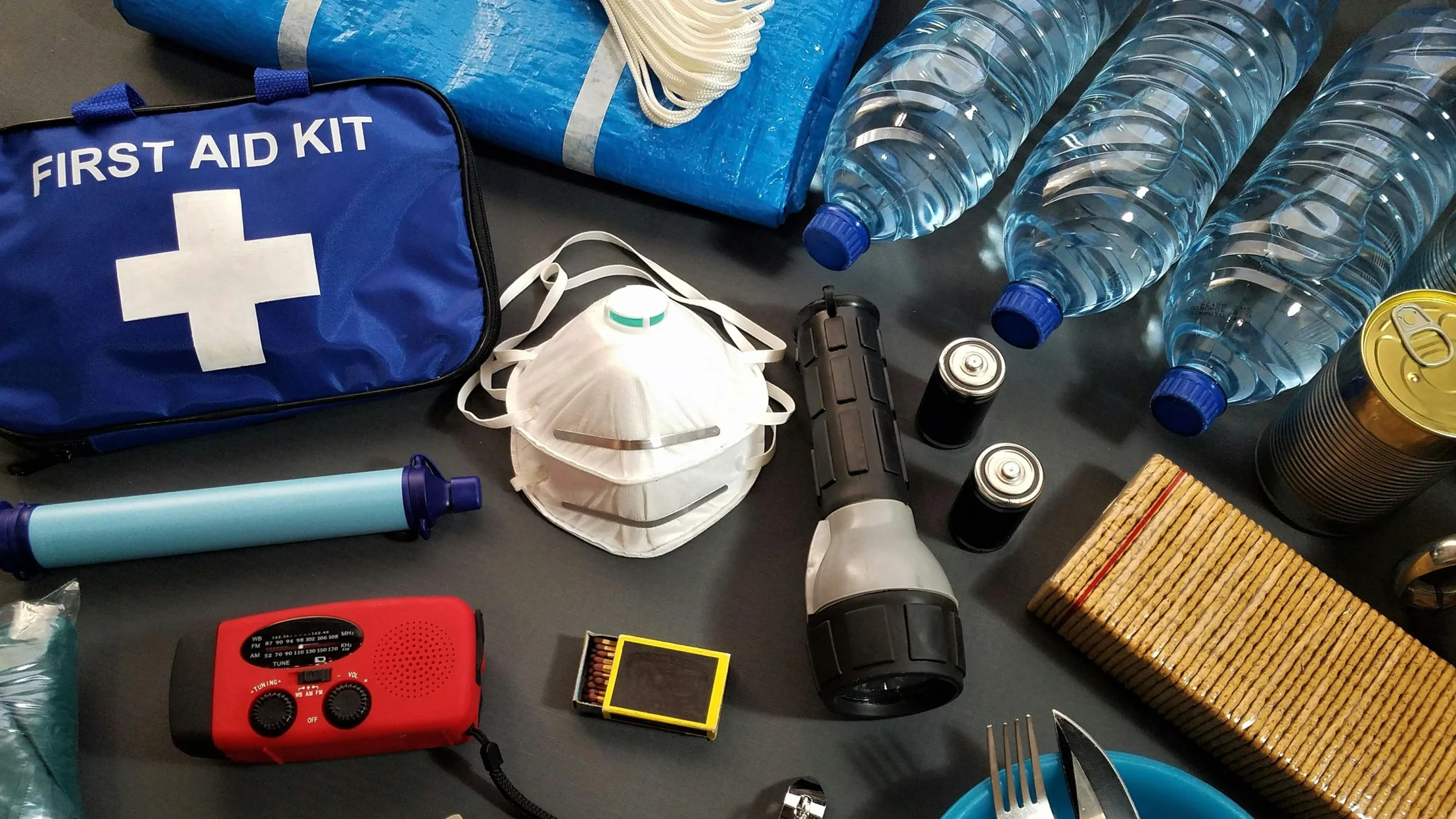7 Smart Ways to Prepare Your Family for a Super Typhoon
From stocking essentials to safeguarding documents, here’s how parents can protect what matters most
The Philippines faces around 20 to 30 typhoons each year — and in recent years, many have become stronger and more unpredictable.
As Cebu continues to recover from the earthquake in September, Typhoon Tino hit last week, destroying houses and flooding parts of the province.
Now, another storm is on the horizon — Typhoon Uwan, internationally known as Fung-wong, which is expected to intensify by November 8. As of Friday, November 7, its maximum sustained winds have increased from 95 to 100 kilometers per hour.
How does one prepare for a typhoon? Aside from the six must-haves for typhoon, here are seven ways to prepare.

1. Charge your batteries
Power outages are common during typhoons, so make sure all your gadgets and emergency lights are fully charged. If possible, invest in a power bank or solar charger.
2. Stock up on food
Make sure to have enough food to last several days so you won’t need to go out during the storm. Stock up on canned goods, instant meals, and easy-to-prepare snacks for kids — these are convenient and shelf-stable.
3. Park your cars in higher places
Several vehicles have been destroyed in past typhoons. If your area has higher ground or a parking spot that doesn’t flood, move your vehicle there to prevent water damage.
Even if your area isn’t typically flood-prone, it’s wise to stay alert — weather patterns have become increasingly unpredictable.
4. Make a contingency plan
Whether your home is prone to flooding or not, it’s important to have an evacuation plan. Study your village map or nearby areas where you can take shelter in case of an emergency. Remember: every life matters — including your pets.
5. Don’t forget your emergency go bag
Always keep a go bag ready with essentials such as food, water, clothes, medicines, and important documents — enough to last at least 72 hours.
6 Secure important documents
Keep vital documents — such as IDs, insurance papers, property titles, and some emergency cash — in waterproof envelopes or folders. These will be crucial during recovery and insurance claims after the storm.
7 Don’t go back to your home without a clearance
If you’ve been evacuated, wait for the official clearance before returning home. Doing so ensures your safety and prevents exposure to hazards like live wires, debris, or unstable structures.

Always remember to be prepared
Experiencing typhoons can be worrying, especially for families. But preparedness gives us peace of mind and the ability to protect what matters most. With these steps, parents can stay calm, confident, and ready — no matter how strong the storm becomes.
More on typhoon watch
LIST: Organizations Helping The Families Affected By Typhoon Tino
How Parents Can Turn Typhoons Into Teachable Moments
5 Tips To Prepare Kids During Rainy Season









